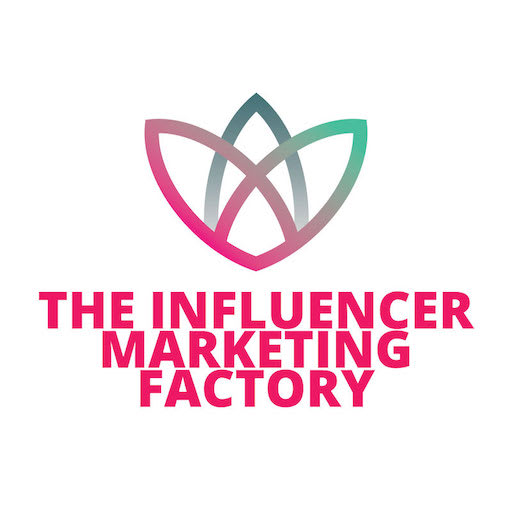Email is already a favorite tactic for many marketers and, according to new research from Ascend2 and RPE Origin, those who are adding artificial intelligence (AI) into the mix are finding it can drive efficiency by making it easy to personalize and retarget emails, among other things.
Strong preliminary results could be why 57% of marketers of companies with 500 or more employees are using AI for their email campaigns, which is more than double the number (26%) who indicated the same in a similar 2022 survey from Ascend2. Moreover, another 25% have plans to use AI for their email marketing in the near future.
“AI is going to be extremely important moving forward,” said Todd Lebo, CEO at Ascend2. “Marketers are realizing there are so many channels that are out of their control. With email, the ability to control your audience is much more profound, and AI will help personalize, target and re-target those messages much more effectively.”
Doing more with less
The survey queried 110 marketers, 64% of whom felt they were only “somewhat successful” in their email marketing efforts. Among those surveyed who are using AI for their email campaigns, 99% report the results have been either extremely or somewhat positive. Among the elements marketers are using AI for are: content personalization (50%), retargeting (47%), subject line optimization (47%), dynamic content generation (44%), send-time optimization (44%) and predictive analytics for customer behavior (40%).
“AI can enhance everything that works already, such as predictive analytics, open rates, clicks. That predictive component really allows you to be more efficient in your email marketing,” Lebo said. “It helps us be more sophisticated in many areas with large amounts of data. It also helps us to do more with less. Mass personalization, for instance, you can do in mere minutes with AI what used to take days otherwise.”
Still, marketers have some reservations about relying too heavily on AI for email marketing, including customer privacy and data protection (45%), data quality (42%), lack of internal expertise (40%) and lack of an effective strategy (39%).
Despite the overwhelming positivity toward using AI in email marketing, 14% of marketers indicated that they were not using AI in email and had no plans to in the future. Rather than being truly shortsighted, Lebo suggested many of these marketers simply haven’t investigated how AI might be used in marketing.
“They see email as a tried-and-true tactic, and they’re overlooking AI as something to enhance it,” Lebo said. “They may not be connecting the fact that many of their marketing programs are already using AI for things like audience segmentation and other features.”
When queried about the most valuable features in an email marketing platform, 55% of marketers pointed to enhanced personalization algorithms and recommendation engines while 55% indicated predictive analytics would be valuable. Other top features included automated content creation and copywriting (43%), better integration with CRM and other marketing tools (45%) and advanced testing and automation function (47%).
Improved testing is an area where AI holds tremendous promise, Lebo said.
“You could see using it not just for testing, but also for what to test. It could tell you, ‘If you do this kind of test, you’ll be more effective,’” he said.
Regarding whether AI will affect email marketers’ jobs, the jury is still out. Forty-three percent of those surveyed said they would like to see AI-powered content creation features in email marketing platforms and a similar number — 47% — said AI will have an impact on the channel, but would not replace human creativity and strategy. Only 5% said it would have limited applications and only 3% said they weren’t sure.
However, AI’s potential in content creation may still only play a partial role, Lebo said. For instance, humans will likely continue to develop content strategies and basic messaging, and leave it up to AI to optimize those elements for different audiences.
“There’s all different kinds of ways to customize content, and I think that’s where AI can be beneficial,” he said.






















